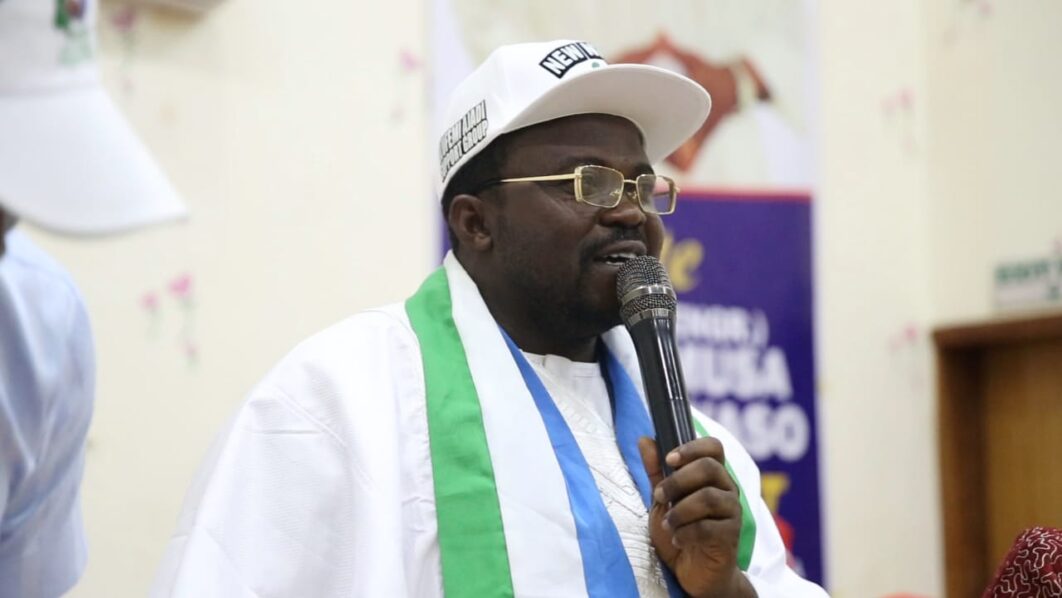
Olufemi Ajadi, a prominent chieftain of the New Nigeria People’s Party (NNPP), has called on the Nigerian government to urgently reconsider its newly introduced policy that mandates candidates must be at least 18 years old to participate in the West Africa School Certificate Examinations (WASCE).
Ajadi warns that this policy, which is set to take effect in 2025, could have significant repercussions on the academic journey of millions of Nigerian students.
READ MORE: FG to enforce 18-year age limit for WASSCE, NECO
Ajadi’s concerns come in the wake of the recent announcement by Professor Tahir Mamman, the Minister of Education, who introduced this policy as part of a broader educational reform. Ajadi, in a statement made available to The Guardian, expressed his surprise at the abrupt change to the age requirement, which previously allowed students as young as 16 years to sit for the WASCE and the Joint Admission and Matriculation Board (JAMB) Tertiary Entrance Examination.
Echoing the sentiments of many stakeholders within the education sector, Ajadi criticises the policy as a backward step that fails to align with the current realities of education in Nigeria.
He argues, “The new age limit, rather than enhancing educational outcomes, risks stifling student progress and diminishing the quality of education in Nigeria.”
READ MORE: Criticisms trail age requirement for WASSCE, NECO
Ajadi advocates for the retention of the 16-year minimum age for sitting the SSCE, suggesting that this approach better balances the needs of students and the education system.
In his view, maintaining the age limit at 16 allows academically-prepared students to advance to tertiary education without unnecessary delays, while also providing ample time for those who require a slower pace.
He further notes, “Setting the minimum age for SSCE at 18 years is out of step with the global trend towards encouraging early academic achievements.”
READ MORE: Atiku flays government’s age limit for WASSCE, NECO
Ajadi highlights that Nigeria’s 6-3-3-4 educational system, which typically sees students completing secondary education by age 18, does not account for the diversity in students’ academic progressions.
Ajadi also points out that many students, particularly those who are academically gifted or who started school early, often complete their secondary education well before reaching 18 years of age. He warns that imposing this new age limit could unfairly disadvantage these students, forcing them to endure unnecessary waiting periods that could hinder their academic and professional development.
In his closing remarks, Ajadi cautions against hasty implementation of such significant policy changes, particularly in the field of education, which falls under the concurrent jurisdiction of both federal and state governments. He questions, “Why must we peg the age at 18 years while other countries allow students to write at a younger age?”






